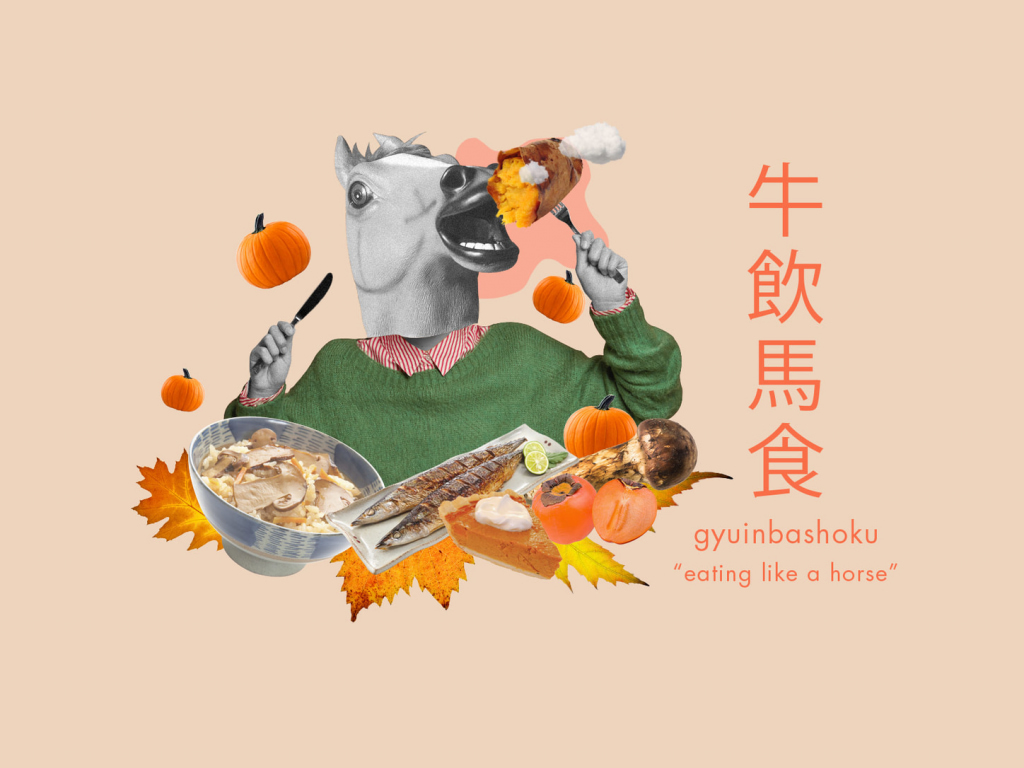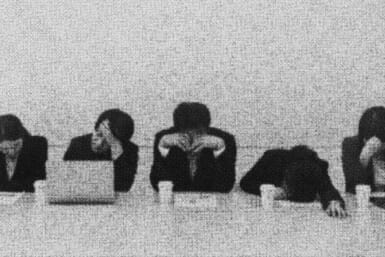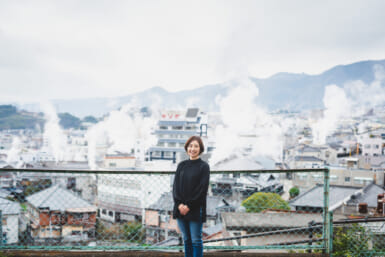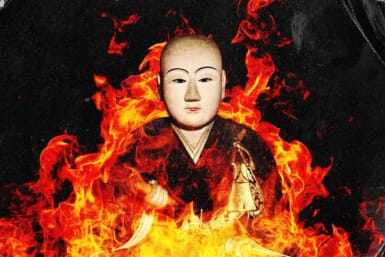In Japan, autumn is an excuse to fulfill desires: Dokusho no aki (読書の秋) reminds us that the season’s cool evenings are best spent indoors with a good book, while shokuyoku no aki (食欲の秋) encourages us to enjoy the bountiful harvest of the year. However, the downside of this is that, sadly, it’s easy to go overboard when feasting on seasonal delicacies and cooking up new autumnal favorites. This brings us to this week’s yojijukugo, gyuinbashoku — eating and drinking to excess.
Gyuinbashoku (牛飲馬食)
Meaning: Gorging and swilling, eating excessively, overeating, eating like a pig, eating like a horse
Literal translation and kanji breakdown: Could it get any more literal than this? The characters 牛飲馬食 read — in this order — cow, drink, horse, eat. What does that give us? Drinking like a cow and eating like a horse.
Gyuinbashoku: The Origins
As is often the case with four-character idioms, there is seldom a straight answer to how they come about. But before we get into the historical stuff, let’s take the idiom’s meaning at face value: horses and cows are large animals and they objectively eat a lot. Cows can drink up to 20 liters of water per minute and a high-producing dairy cow will consume more than 150 liters a day. As for equines, a horse weighing about 450 kilos can eat five to seven kilos of hay daily — or if it’s outside, it may graze up to 13 hours a day.
Now, back to the origins of gyuinbashoku. As with many other idioms, this one hails from China — the Han dynasty (206 BCE-220 AD), to be exact. Historian Sima Qian wrote a general history of China, known as the Records of the Grand Historian. He coined the expressions gyuin and bashoku separately through the retelling of historical tales.
A tale from the Xia dynasty (2070-1600 BCE) featuring tyrant King Jie explains gyuin. King Jie had a beautiful (but vicious) concubine named Mo Xi, who demanded he fills a lake with wine for her. He complied and they enjoyed it for a while but soon grew bored. Mo Xi demanded 3,000 of King Jie’s men drink the lake dry. The act of bending down and drinking from a lake on all fours — just like cattle — was gyuin’s original meaning. This eventually evolved into referring to consuming copious amounts of liquids.
Remember Emperor Qin? The guy who wanted to live forever? He’s back (kind of). Before Qin was emperor of a united China, he was king of the state of Qin. One of his ministers, Fan Ju, went on a mission with Wei diplomat Xu Jia. Xu Jia falsely accused Fan Ju of being a spy, causing Wei’s chancellor to have him flogged to death. However, Fan Ju faked his own death and his “corpse” was thrown into a toilet space.
Fan Ju escaped to Qin and plotted revenge. He asked the king to invite Xu Jia on the pretense of discussing a peace treaty with Wei. Once Xu Jia arrived, Fan Ju confronted him but pretended to be destitute. Xu Jia pitied him and gifted him a silk robe. Fan Ju announced it was all a ruse and that he was actually a high-ranking Qin chancellor with the ability to have Xu Jia put to death for his treachery.
However, since he showed compassion, Xu Jia would be spared. Instead, he would endure the humiliation of going down on all fours and eating horse feed off the floor — just like a horse. As with gyuin, the meaning changed later on.
Gyuinbashoku: Similar Expressions
- 鯨飲馬食 Geiinbashoku Drinking like a whale, eating like a horse; drinking like a fish and eating like a pig, eating mountains of food and drinking oceans of liquor.
- 暴飲暴食 Bouinboushoku Eating and drinking too much. Often used in a negative context and connected with health issues because of this habit.
- 空き腹にまずいものなし Sukibara ni mazui mono nashi Nothing is disgusting on an empty stomach; anything tastes good when you’re hungry.
- 飲食男女は人の大欲 Inshokudanjo wa hito no taiyoku Appetite for food, drink and sex is part of the human experience.
Gyuinbashoku: Related Expressions
- 腹八分目に医者いらず Hara hachibun me ni isha irazu Fill your stomach 4/5ths full and you won’t need a doctor; eat moderately to stay healthy. Can also be used as a yojijukugo: 腹八分目 (harahachibunme).
- 腹も身の内 Hara mo mi no uchi Moderation is its own medicine.
- いやいや三杯 Iya iya sanbai Someone who says no or declines an offer to eat, but then eats and drinks with abandon when pushed.
Using “gyuinbashoku” in a sentence
Gyuinbashoku has the advantage of being a commonly used expression and it’s easily slipped into a pleasant conversation about eating too much. Note that for a more negative tone, 暴飲暴食 (bouinboushoku) is more useful.
- 仕事のストレスが溜まってたから、ひたすら牛飲馬食をしてストレスを発散した。Shigoto no sutoresu ga tamatteita kara, hitasura gyuinbashoku wo shite sutoresu wo hassan shita. Work has been so stressful lately that I’ve started overeating as a way to relieve stress.
- ネットフリックスを見ながら牛飲馬食をして、その場で寝てしまった。Nettofurikkusu wo minagara gyuinbashoku wo shite, sono ba de neteshimatta. Last night I was pigging out while binge-watching Netflix, and then passed out.
- 大食い大会の観客は参加者の牛飲馬食する姿を見るのが好きだ。Ohguitaikai nno kankyaku wa sankasha no gyuinbashoku suru sugata wo miru no ga suki da. Audience members at eating competitions love watching contestants stuff their faces.
- 今日の飲み会は社長のおごりだ!みんなで牛飲馬食しよう!Kyou no nomikai wa shacho no ogori da! Minna de gyuinbashoku shiyo! Today’s party is on the boss. Let’s eat and drink as much as we want!
Want more? Follow our weekly Yojijukugo Japanese Idiom series, published every Friday. Learn the meaning of “chinpunkanpun” here, “yudan taiteki” here and “taifu-ikka” here.








